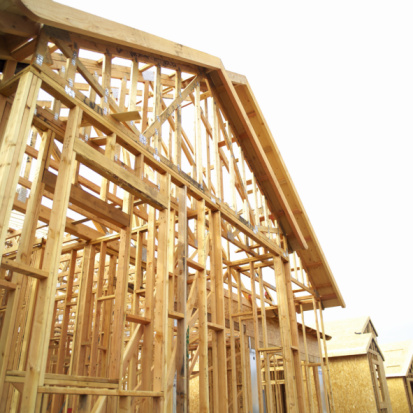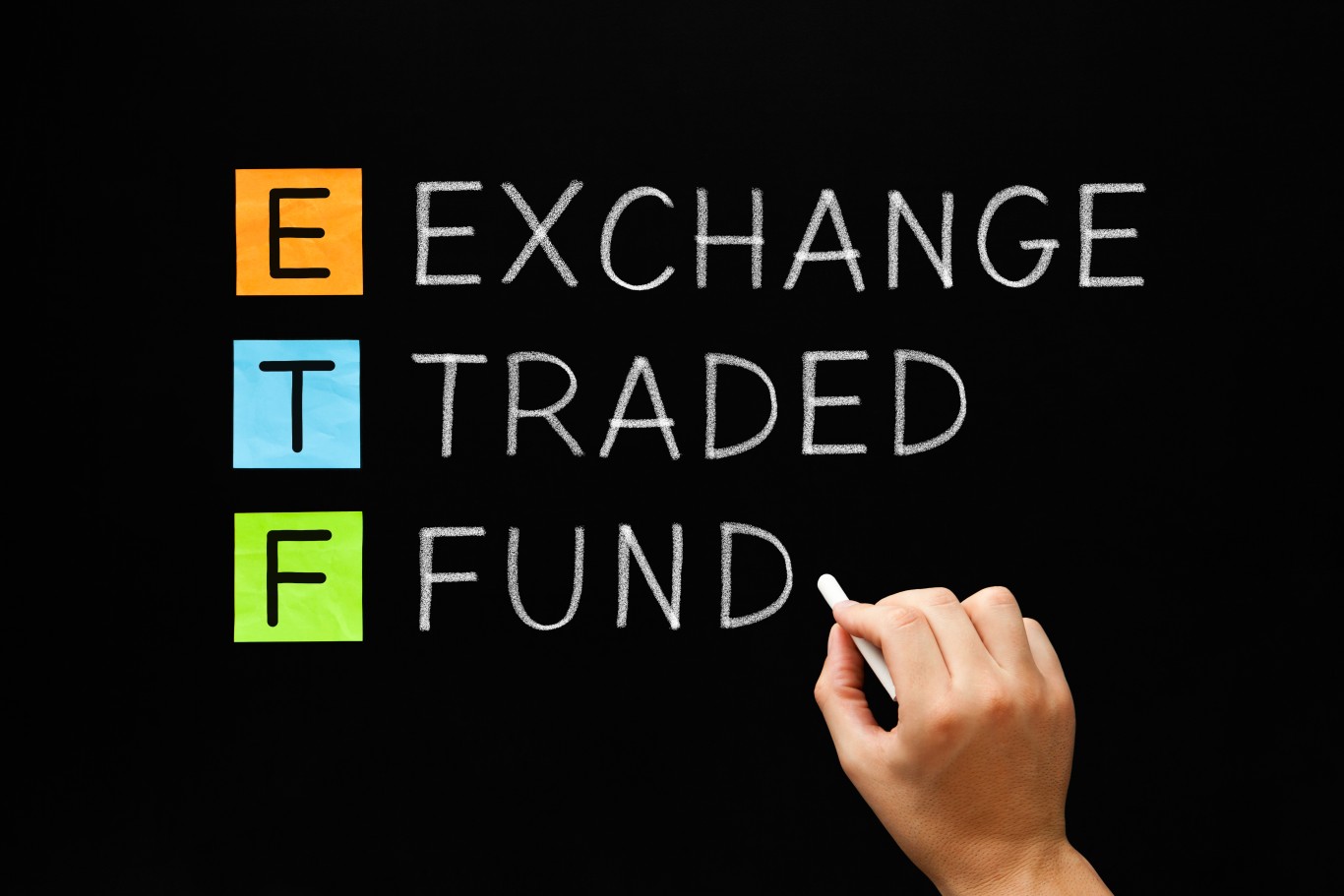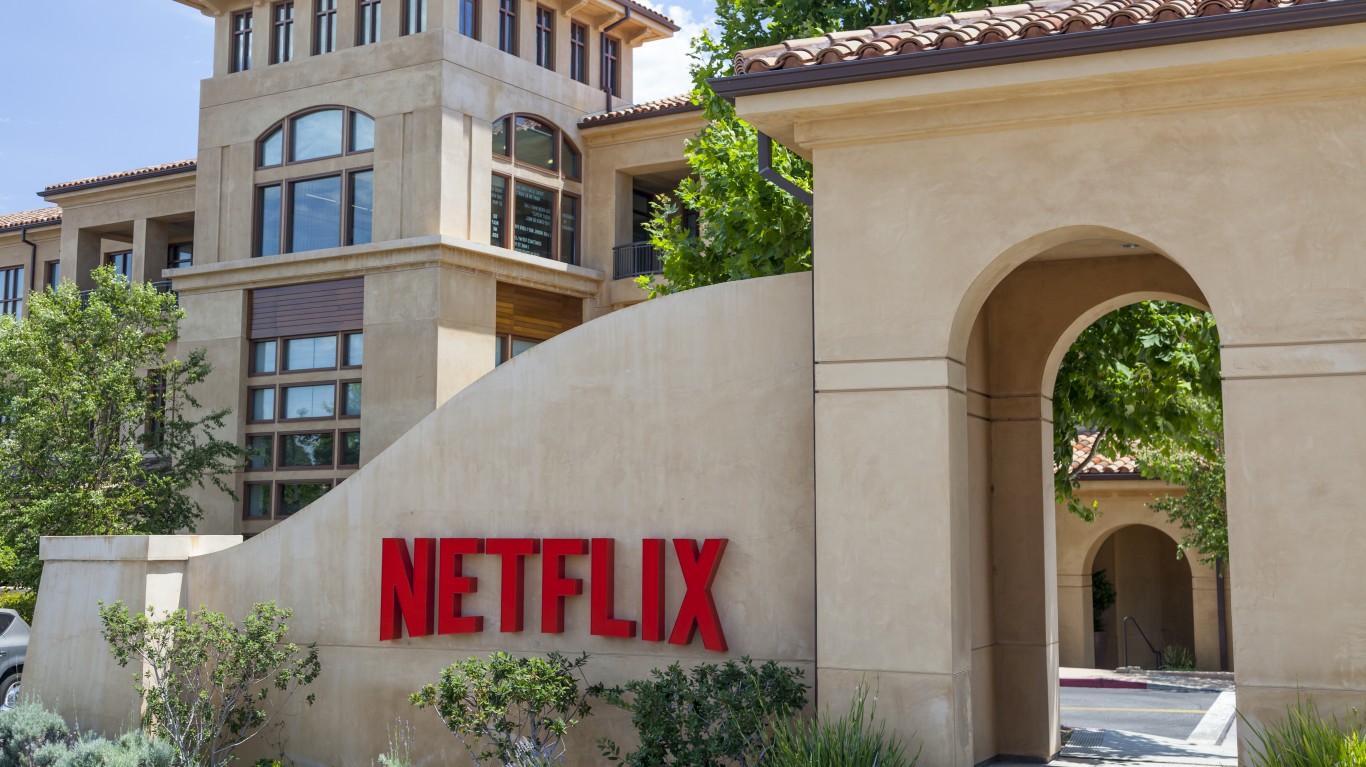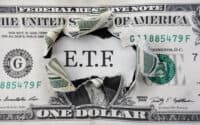Lost among the concerns and possible remedies for growth in the United States, China and Europe are the near-term economic fates of two of the other largest economies — Japan and India. Their problems are substantial enough that they should trigger more worry about how the interconnected worldwide expansion picture is now.
India’s gross domestic product growth is expected to slow to less than 6%, according to The Wall Street Journal. The paper says that this is the lowest level of expansion in more than a decade. The government has promised to right the problems that have created the slowdown, but the politics of India are often viewed as more gridlocked that those in the United States.
Japan’s third-quarter GDP fell 0.9% quarter-over-quarter, the government announced recently. That puts the nation one step toward recession, with little evidence growth will return.
Japan and India have the world’s third and ninth biggest economies by measurement of nominal GDP. Among the nations between them are France, Italy, Germany and the United Kingdom, each of which is already in recession, or nearly so. That leaves few large national economies in good shape.
The new figures for Japan are already below GDP forecasts issued by the International Monetary Fund just five weeks ago. India’s economy remains barely above the benchmarks set by the agency. The problems in these two economies show how quickly expert predictions can fall apart.
Nearly every economist who follows the global economy sees GDP activity around the world as connected. The theory that Asia and much of the developed world are “decoupled” from the developed nations is no longer widely used to show that countries like China can expand while other parts of the global economy contract. “One world, one economy” is more widely accepted today. That means that Japan’s GDP is tied to major trading partners China, the U.S. and the European Union. India’s stalling economy means internal consumption — critical to its expansion — there has slowed, and the promise of overseas sales into the country will become muted quickly.
The “one world, one economy” theory, if it is true, means that the threat of slowing GDP has spread further among the world’s largest nations.
Douglas A. McIntyre
Is Your Money Earning the Best Possible Rate? (Sponsor)
Let’s face it: If your money is just sitting in a checking account, you’re losing value every single day. With most checking accounts offering little to no interest, the cash you worked so hard to save is gradually being eroded by inflation.
However, by moving that money into a high-yield savings account, you can put your cash to work, growing steadily with little to no effort on your part. In just a few clicks, you can set up a high-yield savings account and start earning interest immediately.
There are plenty of reputable banks and online platforms that offer competitive rates, and many of them come with zero fees and no minimum balance requirements. Click here to see if you’re earning the best possible rate on your money!
Thank you for reading! Have some feedback for us?
Contact the 24/7 Wall St. editorial team.



